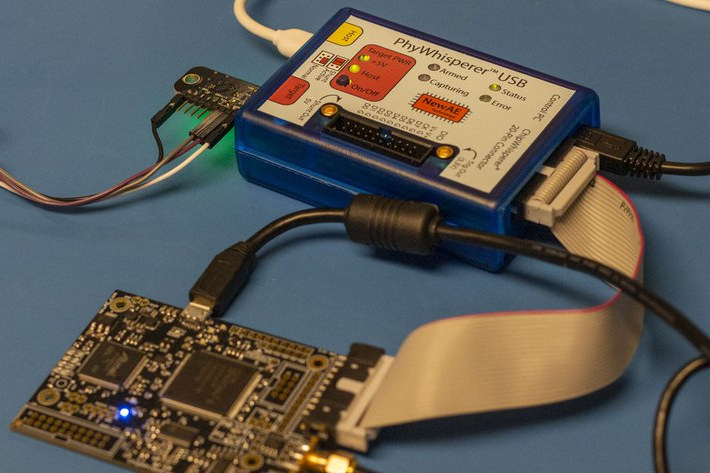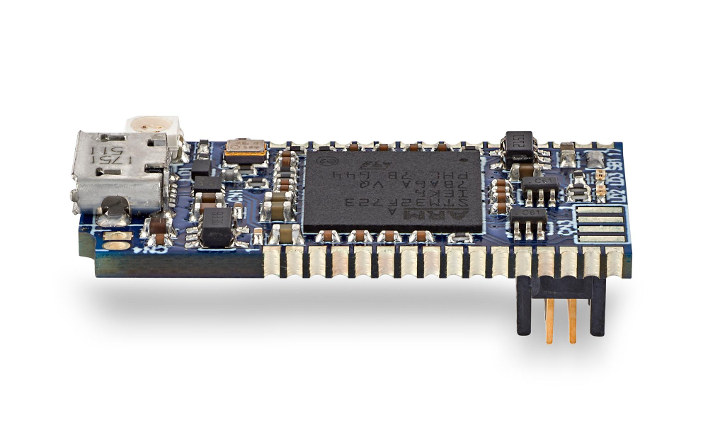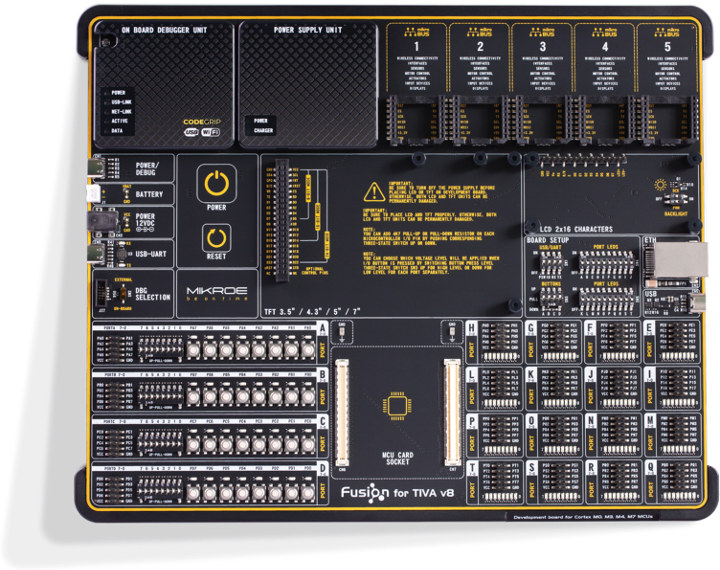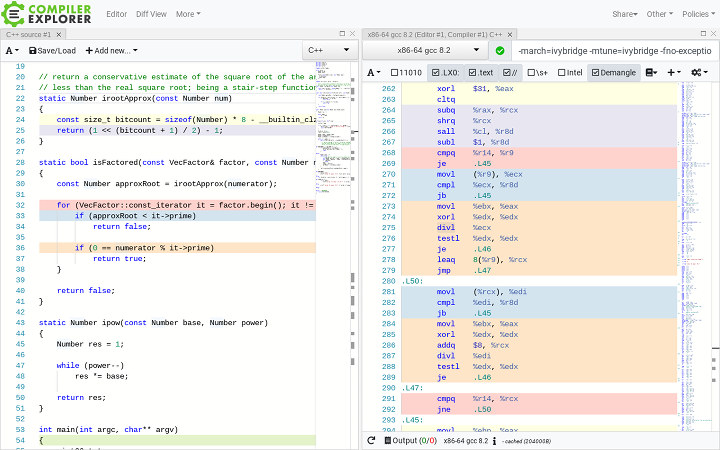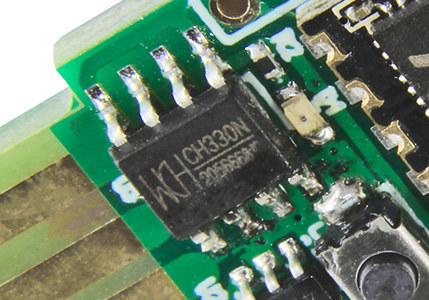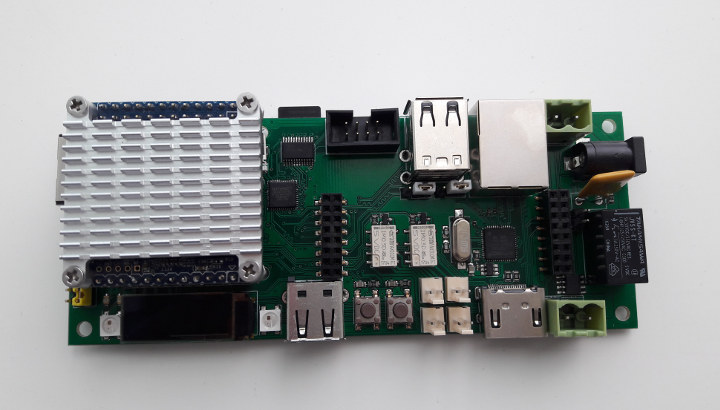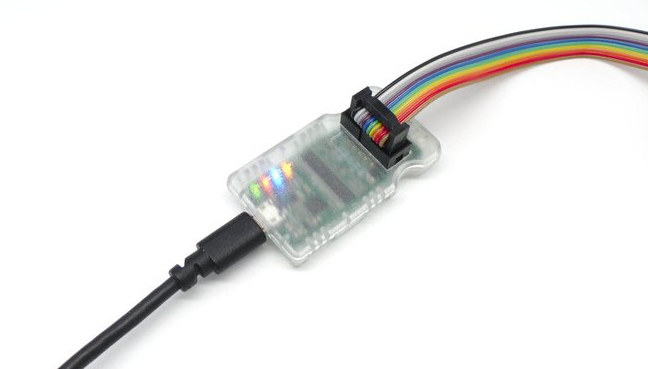PhyWhisperer-USB is a hardware USB sniffer & triggering platform that allows users to test the security of USB devices using side-channel power analysis and fault injection using a Python 3 interface, beside simply capturing packets. This has become especially important now as some USB devices include Bitcoin Wallets, FIDO2 keys, and encrypted drives with valuable data. PhyWhisperer-USB hardware specifications: FPGA – Xilinx Spartan 7S15 with 12,800 logic cells USB USB 2.0 Low/Full/High Speed mode PC connection – Micro-USB 2.0 HS port Host connection – Micro-USB port Target connection – USB-A female connector Trigger pattern – 1 – 64 bytes with mask Trigger delay – 0 – 1048576 cycles of 240 MHz internal clock derived from USB clock USB sniffer FIFO – 8192 bytes (FPGA block RAM, adjustable depending on FPGA utilization) Expansion – Spare digital I/O: 8 data pins, 1 clock pin routed to FPGA (on front panel) Clock output […]
Linaro Connect San Diego 2019 Schedule – IoT, AI, Optimizations, Compilers and More
Linaro has recently released the full schedule of Linaro Connect San Diego 2019 that will take place on September 23-27. Even if you can’t attend, it’s always interested to check out the schedule to find out what interesting work is done on Arm Linux, Zephyr OS, and so on. So I’ve created my own virtual schedule with some of the most relevant and interesting sessions of the five-day event. Monday, September 23 14:00 – 14:25 – SAN19-101 Thermal Governors: How to pick the right one by Keerthy Jagadeesh, Software Engineer, Texas Instruments With higher Gigahertz and multiple cores packed in a SoC the need for thermal management for Arm based SoCs gets more and more critical. Thermal governors that define the policy for thermal management play a pivotal role in ensuring thermal safety of the device. Choosing the right one ensures the device performs optimally with in the thermal budget. […]
STMicro Launches $10 STLINK-V3mini Mini Probe for STM32 MCUs
Last year, we reported STMicroelectronics launched STLink-V3 debugger & programmer for STM8 & STM32 microcontrollers that added I2C, SPI, and CAN interfaces compared the previous STLink-V2 model. It’s not particularly expensive either at $35, but if you ever wanted something more compact and cheaper, the company has now introduced STLink-V3mini debugger going for under $10. STLINK-V3Mini key features and specifications: JTAG / serial wire debugging (SWD) specific features: 3 V to 3.6 V application voltage support and 5 V tolerant inputs JTAG communication support SWD and serial wire viewer (SWV) communication support Virtual COM port (VCP) specific features: 3 V to 3.6 V application voltage support on the UART interface and 5 V tolerant inputs VCP frequency up to 15 MHz USB – Micro USB 2.0 connector for power and connection to host computer Misc – 2x color LEDs: communication, power; STDC14 signals protection Dimensions – 30 x 15 mm […]
Fusion for TIVA v8 Development Board Enables Debugging & Programming over WiFi
Texas Instruments TIVA Arm Cortex-M4 MCU family was first introduced in 2013, I tested a TIVA Launchpad the following years, and since microcontrollers have usually a long life span they are still in use today, and should still be available for many years. I’m writing about this TI MCU family today because MikroElektronika has just announced Fusion for TIVA V8 development board for TI TIVA, Stellaris and MSP432 microcontrollers with plenty of I/Os including some MikroBus expansion slots, as well as support for debugging and programming over WiFi in addition to the usual USB-UART interface. Fusion for TIVA v8 board specifications: MCU – Socket for MikroElektronika MCU CARD Display Interfaces 2x 20-pin TFT display connector 1x 16-pin LCD connector for 2×16 characters LCD displays in 4-bit mode, optional PWM backlight driving feature Programming – On-board CODEGRIP programmer/debugger, JTAG connector for connecting an external programmer/debugger Connectivity – Ethernet port, WiFI in […]
A Tale of Many Divisions – Naive Prime Factorization Across a Handful of Architectures
CNXSoft: Another guest post by blu where he looks at how a small piece of code involving divisions behaves on different architectures. Once upon a time (i.e. the other week) I was giving tips to my 5th-grader how to efficiently compute least common multiples, when it struck me I could do better ‒ I could write a prime factorizer that could be useful to the elementary-school-goers in this house, as well as to the people checking the formers’ homeworks. Moreover, a naive prime factorizer could show kids how computers would carry out algorithms taught in class. There was also a bit of curiosity involved ‒ last time I wrote a prime factorizer I was in high school, and the language was Applesoft BASIC, so 30 years later, armed with a modern C++ arsenal and a supercomputer (by late ‘80s standards), I wondered what one might come up with today, approaching […]
CH330N is a New USB to Serial Chip in an SOP8 Package
Earlier this month we covered Air602 low cost Arm WiFi module, and while it’s not clear whether it will ever compete with ESP8266 due to software support, some readers noticed an interesting new chip on the corresponding development board: WCH CH330N USB to serial chip with features similar to CH340, but less pins (e.g. DTS, and CTS are missing), and available in a tiny SOP8 package. CH330N comes with built-in crystal oscillator, and supports baud rate from 50 bps to 2 Mbps. You’ll find more hardware technical details in the datasheet in Chinese. CH330(N) works with CH340/CH341 driver as pointed out by Icenowy Zheng who made a small USB to TTL debug board based on the chip to practice PCB drawing with KiCAD. She also mentioned the USB ID and behavior of CH330 is the same with CH340. CH330 / CH330N chip is still nowhere to be found on Aliexpress, […]
MuxPi Board Relies on NanoPi NEO to Enable Remote Testing of Development Boards
Product development often occurs in different location over the world, there may be one team in Asia, and another in Europe and the US. At the beginning, the number of working samples for a board may be limited, so the project manager may have to decide who gets the boards since those may not be available to all teams. So it would be great if somehow there was a way to do remote testing of boards, so maybe the team in Asia could setup the testbed, used it during there time, and once they are back home, the US team can take over remotely to carry on their own development work on the hardware. That’s exactly what MuxPi board is all about. The solution provide remote access via the Ethernet port of a NanoPi NEO board, and connects to the DUT (Device under Test) via HDMI, Ethernet, USB and other […]
μArt is a Universal USB to UART-TTL Adapter with Safety Features (Crowdfunding)
I’ve never had specific issues with USB to TTL debug boards personally, but potentially you could damage the target if you select one with the wrong voltage, and for more advanced use cases often do not include GPIOs. μArt USB to UART-TTL Adapter aims to solve those issue with wide voltage range (1.8 to 5.4V), safety features like galvanic isolation or over-current protection, and one header exposing I/Os. Key features: Universal TTL-UART – 1.8 – 5.4 V, up to 3M speed, standard & non-standard baudrates, pins for handshaking and flashing various MCU families, wide OS-support Galvanic isolation, integrated pull-ups, signal- and power-filters Over-current protection, reverse-polarity protection, ESD protection, mechanical protection Voltage-autosensing, LEDs, GPIOs, software-configurable Dimensions – 58 x 33 x 14 mm Weight – 16 grams Everything is also packaged in a case contrary to most (all) other boards in the market. uART-USB-TLL-Board The developer provides drivers for Windows, Linux, […]


